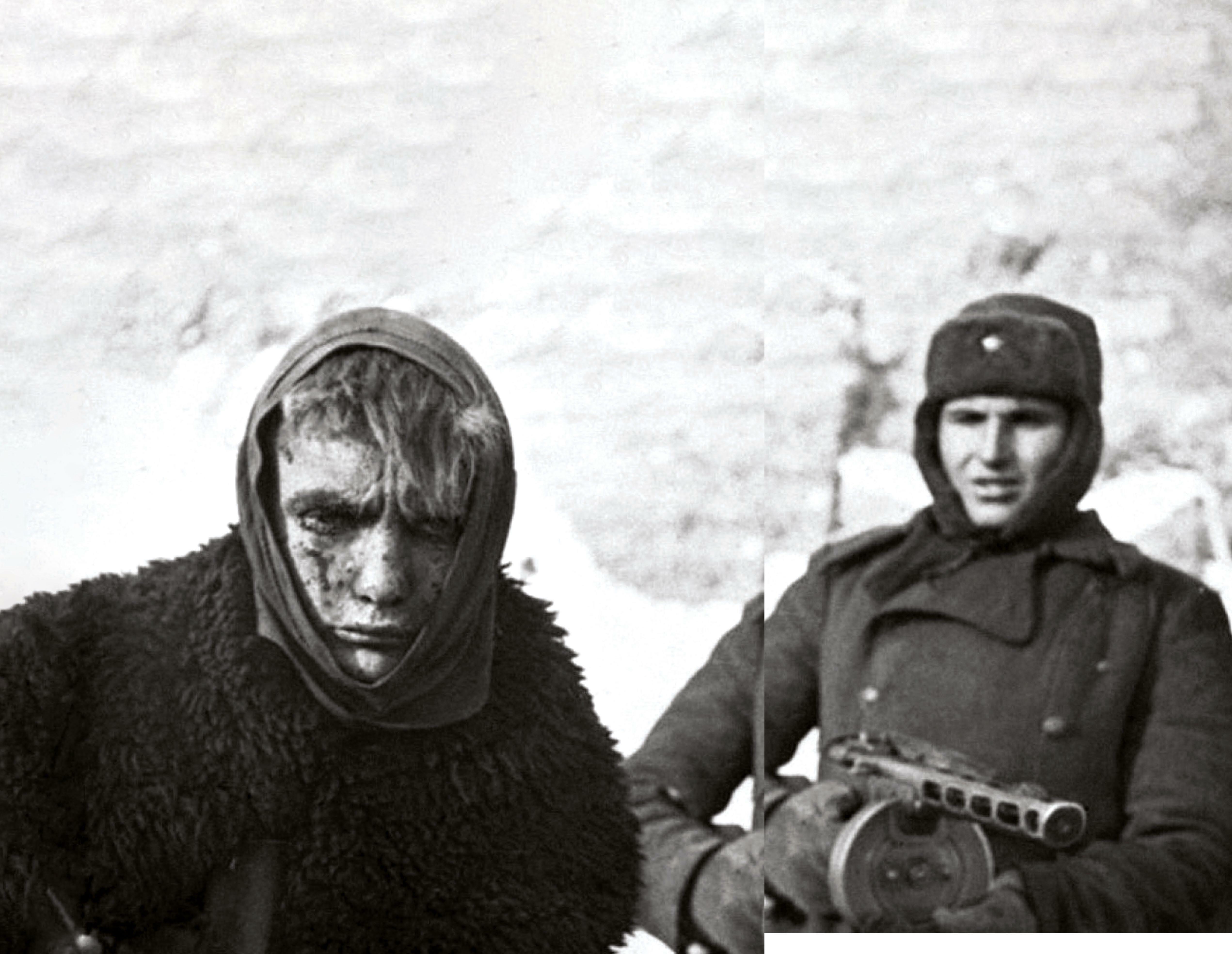Prøve GULL - Gratis
REICH TO REPUBLIC
History of War
|Issue 142
INTERVIEW WITH FRANK TRENTMANN From defeat and division to democracy, the historian examines Germany's struggle with post-war guilt, memory and reconciliation

Over the past 80 years, Germany has gone through an astounding transformation from Nazism to liberal democracy. This transition is the subject of Frank Trentmann’s latest book, Out of the Darkness. It earned Trentmann, a professor of history at Birkbeck, University of London, a nomination for the Wolfson History Prize 2024, an award recognising excellence in research with readability. The judges described Out of the Darkness as: “A wide-ranging and engaging portrait of Germany since World War II, highlighting the remarkable regeneration of its people in the post-Nazi era and the strength and vitality of its political culture.”
Here, Trentmann speaks to History of War on what he’s learned about Germany’s changing perspectives on Nazism, the persistence of fascist ideology, and guilt and post-war reconciliation. He also shares his thoughts on the shape of contemporary Germany and its military and political position within the current world order.
You identify 1943 as a turning point in German feeling towards the war and Nazism. Why that year?
I deliberately started the book in the winter of 1942-43 rather than at the war’s end in 1945. It became clear to me in researching this period, reading letters, diaries and other documents, that something was happening before the defeat of Nazi Germany. The winter of 1942-43 was a turning point because three developments came together to cause Germans on the homefront and in the military to ask themselves hard questions about the war for the first time. They are the defeat at Stalingrad and the relentless aerial bombing of German cities, which caused Germans to confront the third development: the Holocaust.
Denne historien er fra Issue 142-utgaven av History of War.
Abonner på Magzter GOLD for å få tilgang til tusenvis av kuraterte premiumhistorier og over 9000 magasiner og aviser.
Allerede abonnent? Logg på
FLERE HISTORIER FRA History of War

History of War
FLYING INTO HISTORY ENOLA GAY
The first atomic bomb was dropped on Japan by an American B-29 bomber, preceding the country's capitulation in WWII. Here navigator Theodore Van Kirk recalls his experience of the day that changed history
7 mins
Issue 149

History of War
PUTIN'S SUBMARINE FLEET
From the Cold War to modern operations, the threat beneath the waves has been steadily building, and could be about to escalate
4 mins
Issue 149

History of War
ON SILVER WINGS
THIS MOVING BIOGRAPHY OF AN 'UNKNOWN' WWII RAF FIGHTER ACE CHARTS DESMOND IBBOTSON'S CAREER, THE STORY ENDING WITH A TWIST WHEN HIS REMAINS ARE DISCOVERED IN ITALY IN 2005
2 mins
Issue 149

History of War
CAMBODIA vs THAILAND ROOTS OF THE BORDER WAR
July 2025's clashes are the latest in a long frontier conflict that has gone unresolved, from the era of warrior kings to smart bombs
4 mins
Issue 149

History of War
TASK FORCE GREMLIN
At the end of WWII the Japanese Imperial Army Air Force was conscripted into the Royal Air Force in Southeast Asia
7 mins
Issue 149

History of War
RAF RETURNS TO NUCLEAR
Nearly 30 years after giving them up, the RAF is poised to reacquire air-dropped nuclear weapons
3 mins
Issue 149

History of War
NO MORE NAPOLEONS
A MAGISTERIAL SURVEY OF NAVAL POWER AND POLICY
2 mins
Issue 149

History of War
STALIN'S BLITZKRIEG
In the final month of WWII, the Red Army launched a devastating strike into Manchuria, opening a new front with Japan and threatening invasion of the Home Islands
10 mins
Issue 149

History of War
BALACLAVA POCKET WATCH
This William IV silver timepiece and its owner survived the Charge of the Light Brigade at the Battle of Balaclava
1 mins
Issue 149

History of War
THE END OF THE SPY?
Human intelligence is a dying art, but it is still crucial for security agencies worldwide
3 mins
Issue 149
Listen
Translate
Change font size
